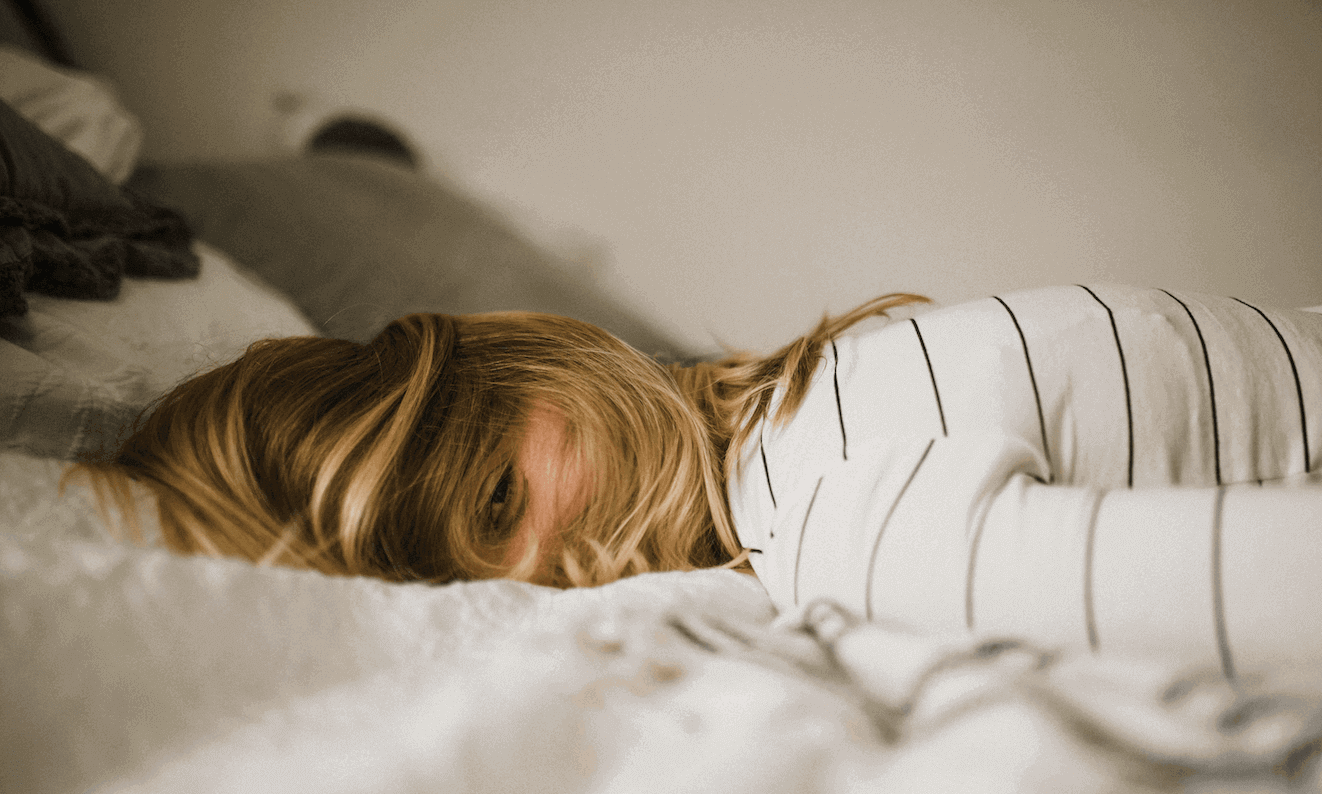Why You Keep Waking Up at 3 A.M. — The Real Science Behind Restless Nights
You open your eyes — again. It's 3:12 a.m. The room is silent except for the faint hum of the AC, and your mind is suddenly wide awake. You scroll your phone, tell yourself to relax, but the minutes keep ticking. If this sounds familiar, you're far from alone. Millions of adults struggle to sleep through the night, often waking at the same mysterious hour.
What's Really Waking You Up at 3 A.M.?
It's not bad luck — your body follows a circadian rhythm, a 24-hour internal clock that dictates when you feel alert or tired. Around 3 a.m., your core body temperature is at its lowest, and your stress hormones (like cortisol) start to rise. That natural shift can easily wake you if your sleep is already fragile.
Some of the most common triggers include:
- Stress or anxiety: Racing thoughts spike cortisol, which disrupts deep sleep.
- Blue light exposure: Using screens late into the night suppresses melatonin, the sleep hormone.
- Alcohol before bed: Though it makes you drowsy, it fragments your sleep cycle.
- Sleep apnea or light snoring: Your airway briefly closes, forcing micro-awakenings.
- Poor sleep hygiene: An inconsistent schedule confuses your biological clock.
Many people blame "insomnia," but often the cause is a mix of biology and lifestyle.
How to Sleep Through the Night Naturally
Restoring balance doesn't require medication — it starts with small, realistic habits. Here are proven sleep hygiene tips that can make a difference:
1. Keep a steady rhythm
Try going to bed and waking up at the same time every day. This reinforces your circadian rhythm reset and helps your body know when it's time to rest.
2. Turn down the light, not just the volume
Dim your screens and switch to warm light an hour before bed. Blue light from phones and tablets tricks your brain into thinking it's still daytime.
3. Cool your room
A temperature between 18–20°C (65–68°F) supports deep sleep. If you tend to wake up hot or sweaty, try breathable bedding or a smart thermostat.
4. Limit alcohol and caffeine
Even an afternoon coffee can linger for hours in your system. Alcohol relaxes your throat muscles and reduces REM sleep — the stage your brain needs most.
5. Track your patterns
Smart apps like SnailSleep help identify how often you snore, toss, or experience breathing pauses. These insights can uncover issues like mild sleep apnea or stress-related disruptions.
Real-Life Example: Anna's 3 A.M. Problem
Anna, a 36-year-old designer, used to wake up nightly at 2:58 a.m. After tracking her sleep for a week, she noticed her awakenings followed nights of late work on her laptop. Once she limited screens before bed and kept her bedroom darker, she started sleeping until sunrise for the first time in years.
When to Seek Professional Help
If you wake up several times every night for more than two weeks — and lifestyle tweaks don't help — it may be time for a sleep evaluation. Chronic insomnia or sleep apnea can often be diagnosed through home sleep tracking or clinical tests.
Modern tools like SnailSleep's AI analysis can provide early indicators of sleep quality issues, helping you take action before fatigue becomes a health risk.
The Bottom Line
Waking up at 3 a.m. isn't random — it's your body communicating imbalance. The key lies in awareness, small changes, and data-driven insight. Once your circadian rhythm resets and your environment supports rest, those midnight awakenings can become a thing of the past.
Start tracking your sleep patterns today with SnailSleep to understand what's really happening during your nights.
Related Articles
- Obstructive Sleep Apnea Symptoms: Recognizing the Silent Threat to Your Health
- How to Improve Your Sleep Quality: Science-Backed Tips and Tricks!
- The Cost of Sleep Deprivation: How it Affects Your Brain and Body

